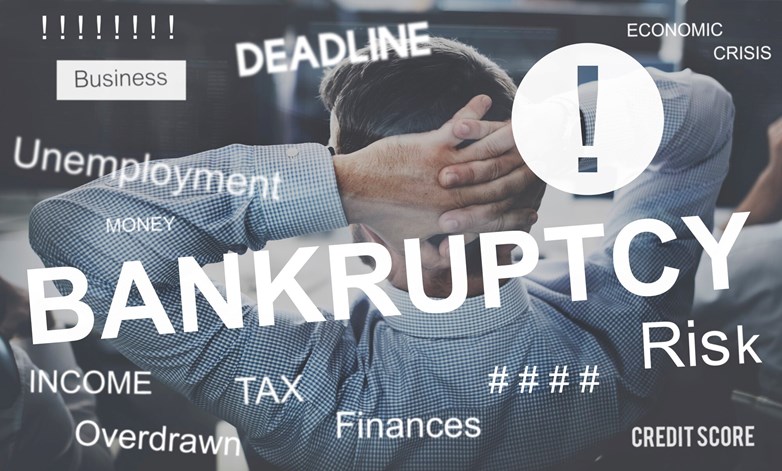CEO prior corporate bankruptcy experiences and financial risk of their current firms
New research from the Department of Accounting investigates the link between the prior corporate bankruptcy experiences of directors and CEOs and the financial risk of their current firms.
In recent years, the importance of the prior bankruptcy experiences of chief executive officers (CEOs) and directors (jointly referred to as executives) for the corporate outcomes of their current firm has been increasingly recognized within regulators and academics spheres. In the United States, public companies are required to disclose key biographical information regarding their executives, including any directorships in other public companies in the 5 years prior and involvement in any legal proceedings, such as bankruptcy, in the 10 years prior.
In their recently published study, Mariya Ivanova, Henrik Nilsson, and Milda Tylaite (Department of Accounting, Stockholm School of Economics) examined the link between executives’ past bankruptcy experiences and the financial risk of their current firms.
Using a unique dataset of directors and CEOs of Swedish private firms from 1998 to 2014 and their prior bankruptcy experiences, the study finds that executives with such experience are associated with riskier financial policies and a higher cost of debt in their current firms. The higher risk-taking of BE executives can be partially attributed to their innate risk-taking preferences. The findings also indicate that executives in private firms do not face extreme adverse consequences related to their bankruptcy involvement, providing a viable explanation for why bankruptcy experiences does not deter such individuals from subsequent risk-taking. This study is among the first to provide large-scale evidence of bankruptcy costs for the executives of private firms.
The findings have important practical implications for firm-level decision-makers and regulators given that financial information in private firms is opaque, with non-financial information potentially containing incremental insights into the risk factors to which the firm is exposed.
Access the research article here




